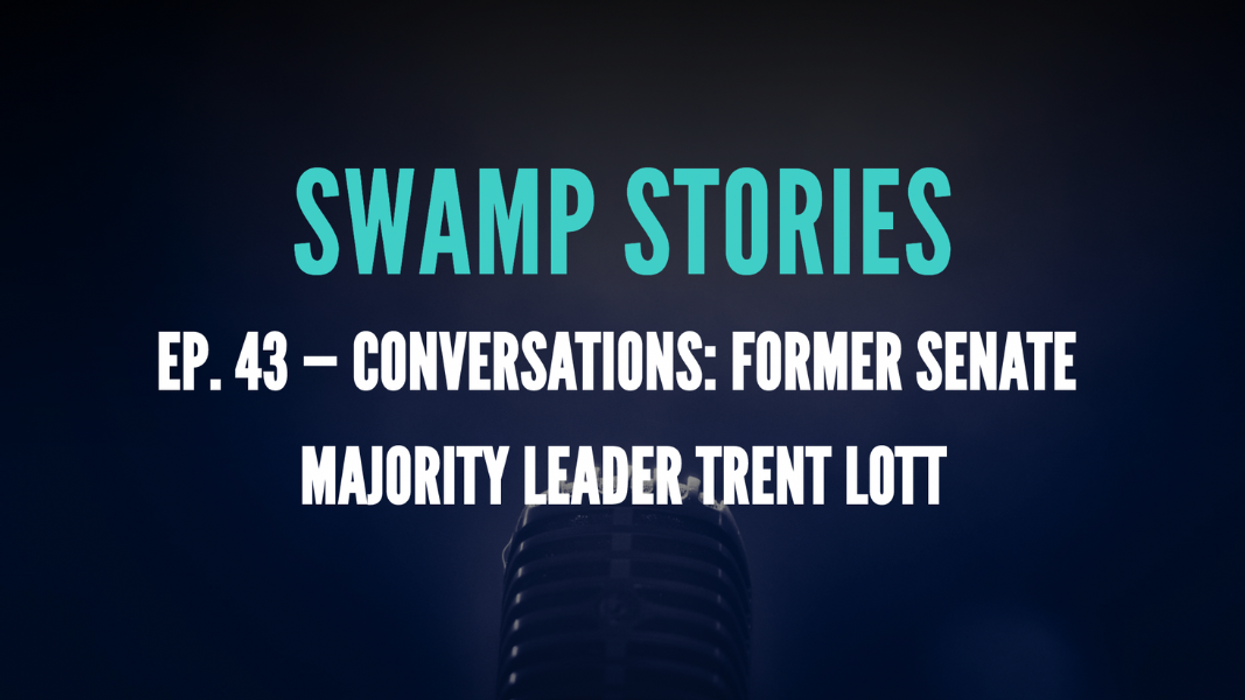In the aftermath of the 2020 presidential election, it became clear that the Electoral Count Act of 1887, the legislation that provides the framework governing the casting and counting of electoral votes, needed updating because of its arcane language and ambiguities that could be exploited by bad actors willing to overturn the will of the people.
In stepped a bipartisan group of senators, and, after months of negotiating, a deal was struck. Last month, the Electoral Count Reform and Presidential Transition Improvement Act was introduced by Sen. Susan Collins (R-ME) along with eight other Republican cosponsors and seven Democratic cosponsors, to update the antiquated Electoral Count Act of 1887.
On this special episode of Swamp Stories, host Weston Wamp spoke with former Senate Majority Leader Trent Lott (R-MS) about the bipartisan group of senators that helped drive the effort, the implications for public confidence in our system, and why the bill needs to pass this year.
Listen




















Trump & Hegseth gave Mark Kelly a huge 2028 gift